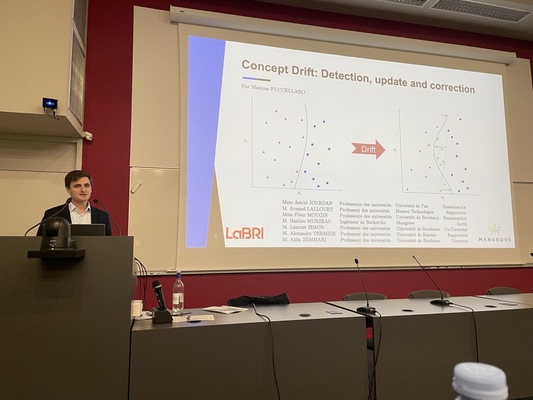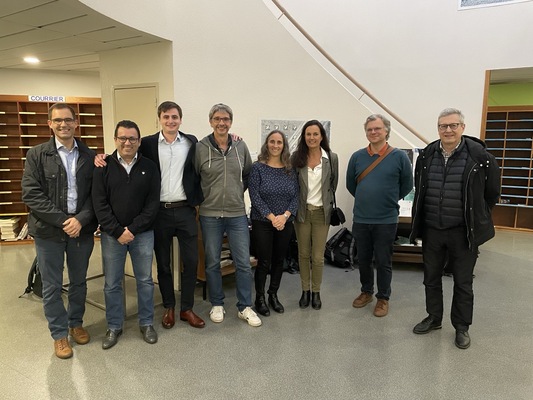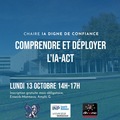
Accompanying a student to the achievement of a Phd is always an adventure. With Maxime Fuccellaro, whom I co-supervised with Akka Zemmari, it was an opportunity to discover a new field: model drift in machine learning. Driven by the issues developed in the Trustworthy AI chair, I found what makes research exciting, that is, a new field where the state of the art is still incomplete.
The classic approach in machine learning is to train a supervised model that achieves the best accuracy compared to the true classification of the target document. However, once in production, the input data describing the document can slowly drift, change, or become noisy. This phenomenon is well known and leads to increasingly poor model classifications.
However, few current works are realistic in addressing this problem. Many assume the ability to measure ground truth and thus the loss of accuracy. But what is the point of having a predictive model if ground truth is available?
In this PhD work, Maxime proposed methods that do not assume ground truth. Additionally, he focused on virtual drift, which is an observed drift in input data that does not require model retraining. This can have a significant impact on the energy consumption of models in production, as less model retraining will be advised by the system.
It was a pleasure to see this work come to fruition, with an eclectic jury that we had the pleasure of hosting in Bordeaux. Thanks to all:
- Arnaud Lallouet (Huawei, reviewer)
- Alexandre Termier (Irisa, reviewer)
- Astrid Jourdan (U. Pau, examiner)
- Bastien Murzeau (Mangrove, guest)
- Akka and me!

Thanks to Mangrove for funding this CIFRE thesis, which allowed a significant focus on fundamental research while offering Maxime great freedom.
Thanks (and congratulations) to Maxime for successfully completing this thesis and maintaining an unwavering passion for “creating solutions,” developing new tools, seeking to measure them, following his own ideas, and integrating the diagrams drawn on the board into real classifiers.
PS: As soon as the final version of the manuscript is available, I will update this post.




